5 Inspiring IAS Officers Who Defied Odds to Achieve Their UPSC Dreams
Preparing for UPSC CSE but struggling with motivation? The stories of these 5 inspiring IAS officers will remind you of the power of perseverance.
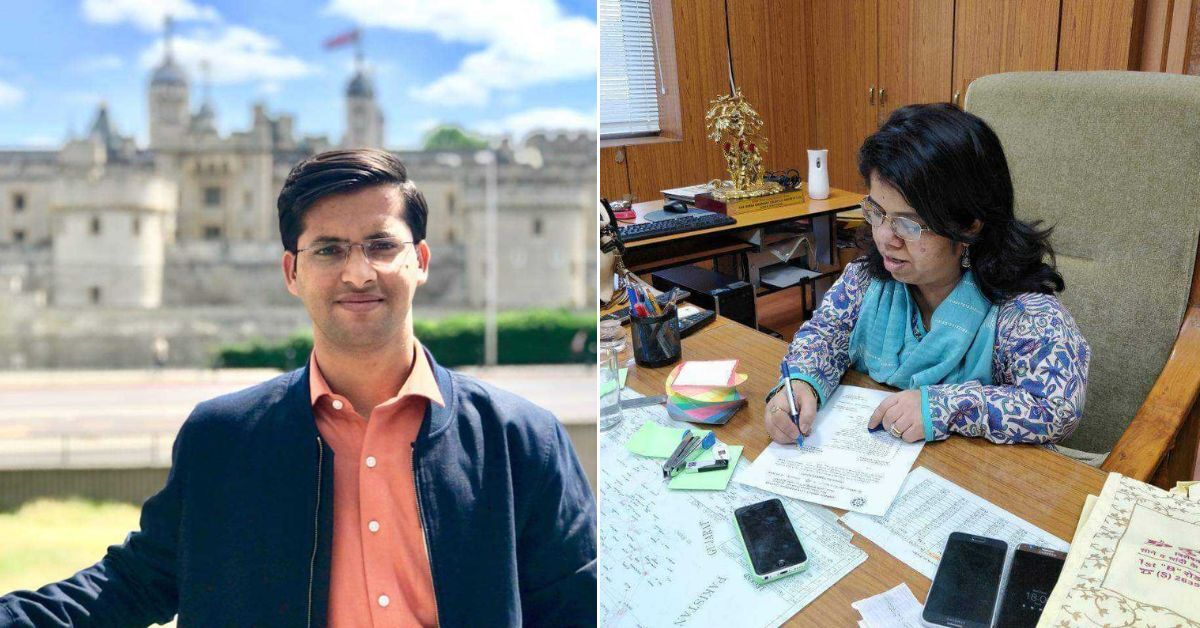
We have all heard stories of how people spend hours and hours studying to crack one of the most difficult exams in India – the UPSC CSE. However, there are some aspirants who came out victorious no matter what challenges life threw at them.
Here are five such aspirants who will inspire you to reach great heights in your life-
1. Ansar Shaikh
Ansar Shaikh’s childhood was a challenging one, to say the least. Son of a rickshaw-puller in the drought-hit village of Shelgaon in Jalna district of Marathwada, who struggled with alcohol addiction, Ansar grew up exposed to domestic violence. His mother was his father’s third wife and used to work on a farm.
Due to extreme poverty, he watched his sisters being married off at 15 years of age and his brother dropped out of class six to work at his uncle’s garage. While one may think that such circumstances at home would make him drop out too, but instead, in 2016, he cracked the UPSC exam in his maiden attempt. At the young age of 21, Ansar became the youngest IAS officer.
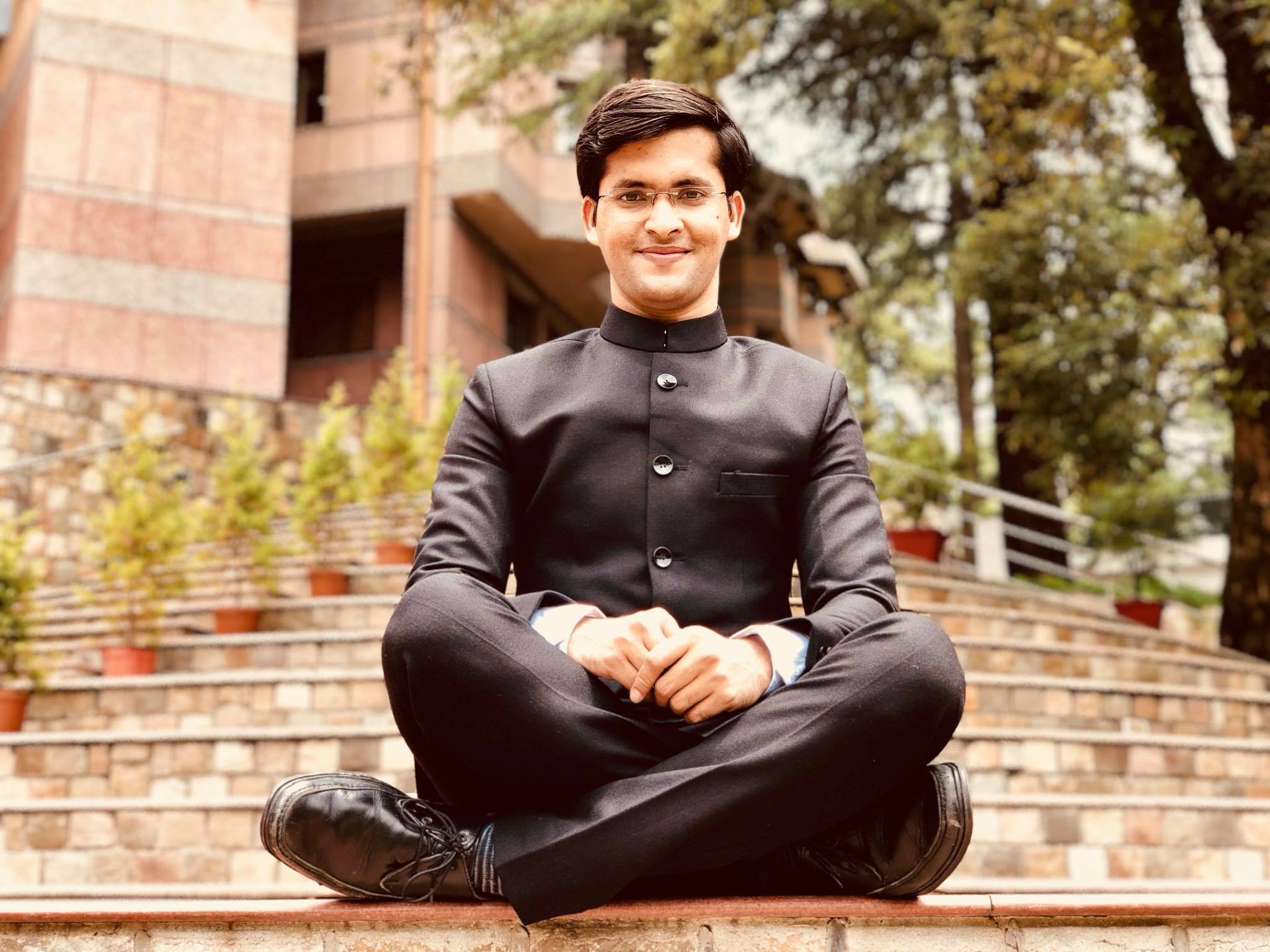
2. Rajendra Bharud
Born and raised in the small village of Samode village in Sakri Taluka, Dr Rajendra Bharud is among three children born to Bandu Bharud and Kamalabai. Losing his father right before his birth, Rajendra grew up in a household run by his mother and grandmother by selling desi wine. The entire family stayed under one small hut made from sugarcane leaves.
When Rajendra was in class 5, he was recognised by his school as an extraordinarily intelligent student. His mother decided to harness his potential and decided to admit him to a better institution for higher education. He proved that his mother’s decision was right by not only clearing UPSC but also studying medicine and becoming a doctor.
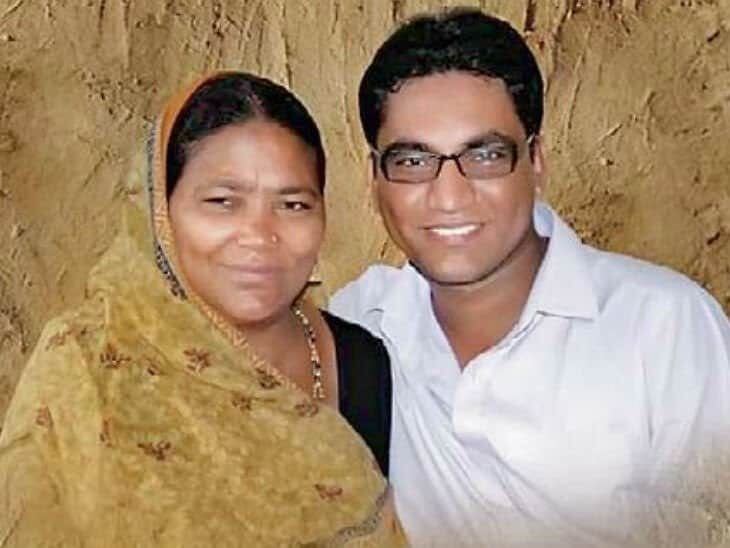
3. Mohammad Ali Shihab
Like most boys born in the 80s in Edavannappara village in Kerala’s Malappuram district, owning a small shop was Mohammad Ali Shibab’s only dream. He would mostly skip school to help out his asthmatic father at their makeshift pan shop. Tragedy befell the family when his father passed away when Mohammad was 11, leaving his mother Fathima alone to fend for five kids.
The financial crisis pushed her to send her son and two of her daughters to an orphanage in Kozhikode. He spent the next ten years at the orphanage and then started working odd jobs as a peon in the Kerala Water Authority, and a clerk at a Gram Panchayat. Finally, after months of preparation in 2011, he cracked the UPSC exam.
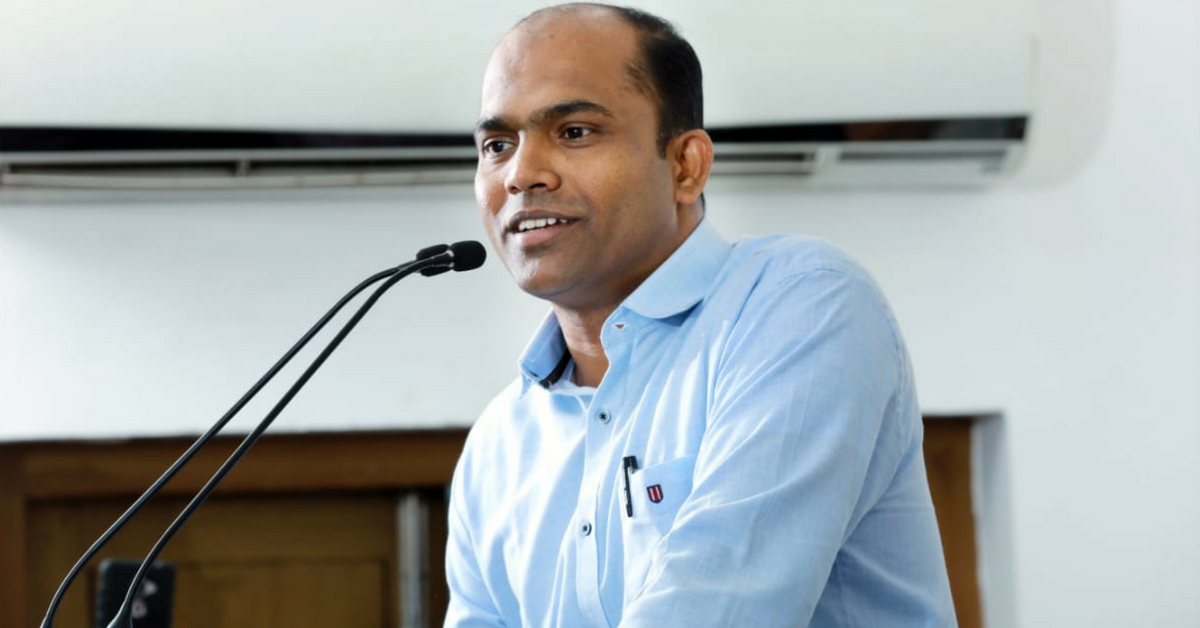
4. Vivek Kuttikol
Belonging to the Vanam community of Kerala, Vivek’s father was one of the performers of a ceremonial dance, characteristic of the North Kerala region. For the ceremony, the performers needed to be in a state of trance, to attain which one had to consume substances. With an alcoholic father, Vivek’s childhood was a nightmare but this only made him stronger.
Fifteen days before his exam, he learnt that his father had passed away. However, this didn’t stop him but only made his resolution stronger. He knew that working as a civil servant would enable him to help hundreds from such addiction. In 2017, he cleared his exams and is now helping people like his father fight addiction.
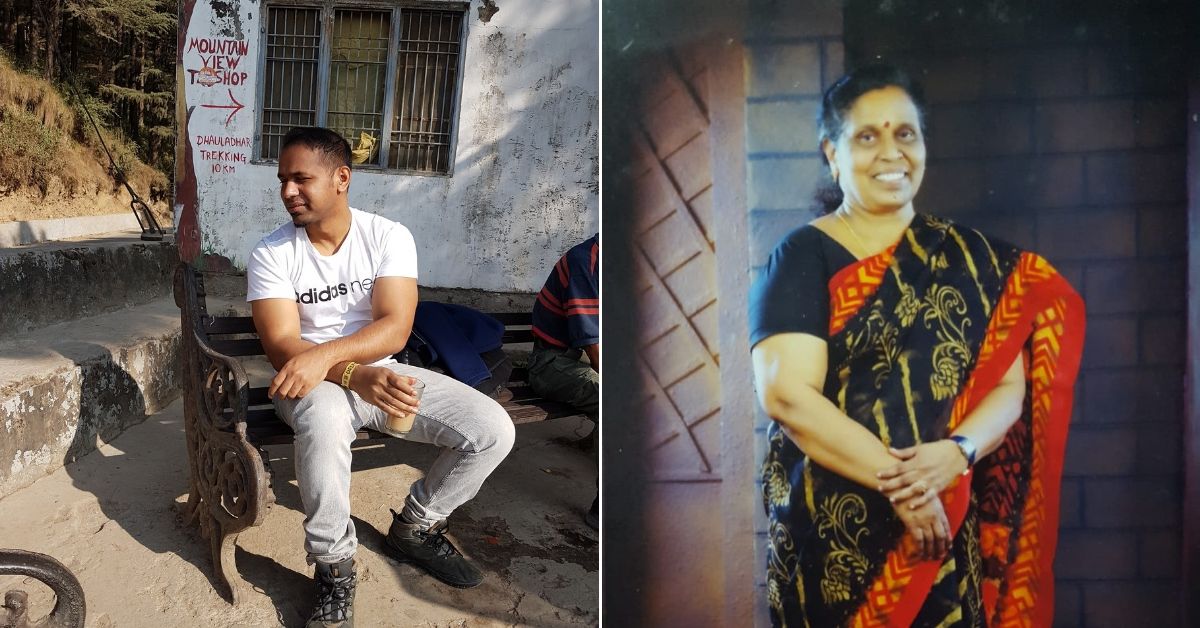
5. Arti Dogra
An award-winning IAS officer, Arti Dogra’s life is a source of inspiration to many. Born in Dehradun, Uttarakhand, Arti is just 3.5 feet tall. As a kid, she was told that she would not be able to live a regular life and go to a normal school. However, beating all odds, Arti attended a prestigious Girls’ School in Dehradun and graduated in Economics from Lady Shri Ram College, Delhi University.
Faced with bullying and mockery never deterred her strong spirit and she went on to crack the civil services exam in the first attempt. As an IAS officer in the Rajasthan cadre, she arranged wheelchairs and vehicles for the disabled in all constituencies to participate in voting, resulting in a record 17,000 differently-abled voters being able to vote in the state.
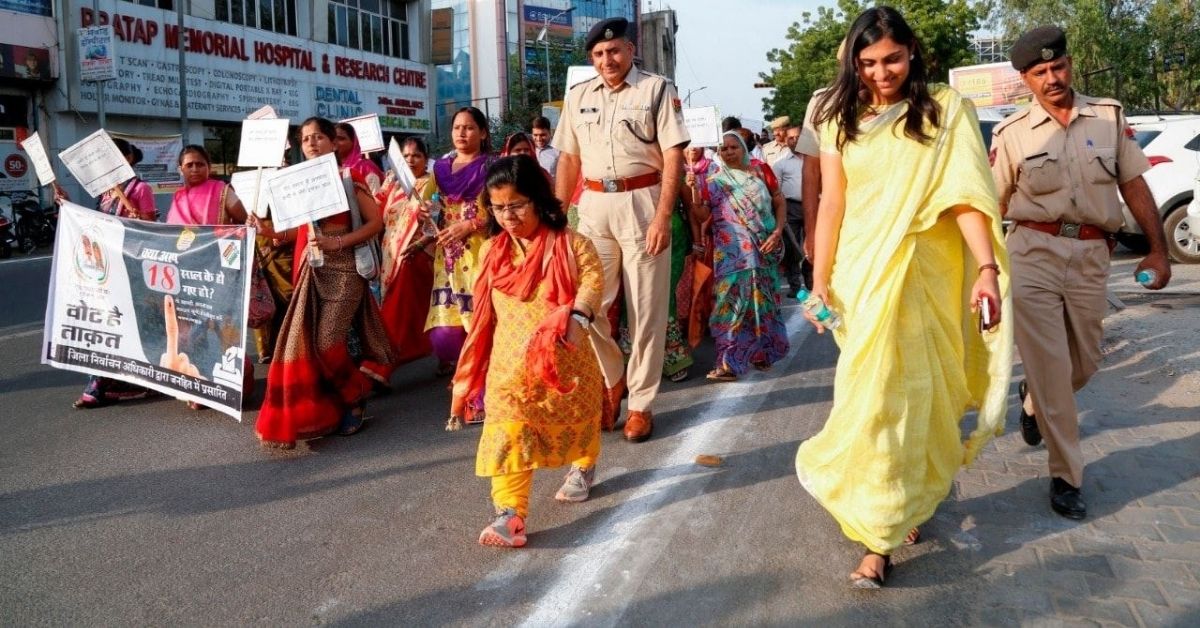
(Edited by Padmashree Pande)
If you found our stories insightful, informative, or even just enjoyable, we invite you to consider making a voluntary payment to support the work we do at The Better India. Your contribution helps us continue producing quality content that educates, inspires, and drives positive change.
Choose one of the payment options below for your contribution-
By paying for the stories you value, you directly contribute to sustaining our efforts focused on making a difference in the world. Together, let's ensure that impactful stories continue to be told and shared, enriching lives and communities alike.
Thank you for your support. Here are some frequently asked questions you might find helpful to know why you are contributing?













